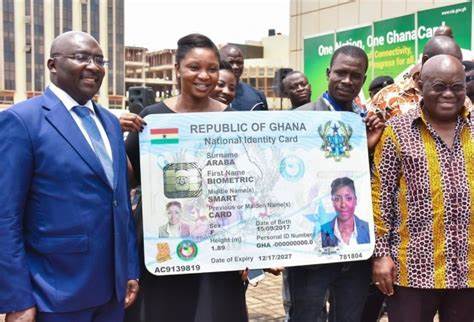
The Controller and Accountant General's Department (CAGD) has announced that government employees without a Ghana Card will not receive their salaries in March.
The directive underscores the importance of having a Ghana Card as a prerequisite for salary disbursement to ensure compliance with identification and documentation requirements.
Kwasi Kwaning-Bosompem, the Controller and Accountant General, has declared that government employees lacking a Ghana Card run the risk of forfeiting their salaries.
This announcement follows the introduction of a software solution that integrates the databases of the Mechanised Payroll System of the Controller and Accountant General’s Department (CAGD) and the National Identification Authority (NIA).
The purpose of this integration is to validate and verify the salaries of government workers.
The initiative aims to eliminate 'ghost names' from the government payroll, ensuring that only legitimate public sector workers receive their salaries.
By enhancing transparency, efficiency, and accountability in the use of public funds, the measure aligns with the government's commitment to responsible financial management.
Vice President Dr. Mahamudu Bawumia officially launched this innovative system at the CAGD premises in Accra, marking a significant milestone in the government's digitalization agenda.
The collaborative effort involved the Office of the Vice President, the Ministry of Finance, the CAGD, and the NIA.
Bawumia emphasized the historic nature of the ceremony, describing it as a major landmark event.
He highlighted the government's successful implementation of soft infrastructure, enabling advancements that rival those of more developed nations.
The Vice President expressed confidence that the system would effectively identify and remove non-existent workers, commonly referred to as 'ghost names,' thereby combating corruption in payroll management.
He cited a notable instance at the National Service Secretariat in 2022, where the discovery and removal of 14,027 'ghost names' resulted in a saving of GH¢120 million for the nation.
Read Full Story

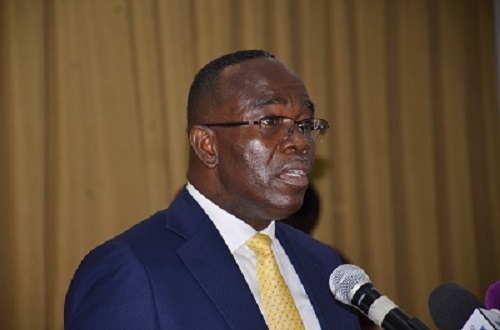

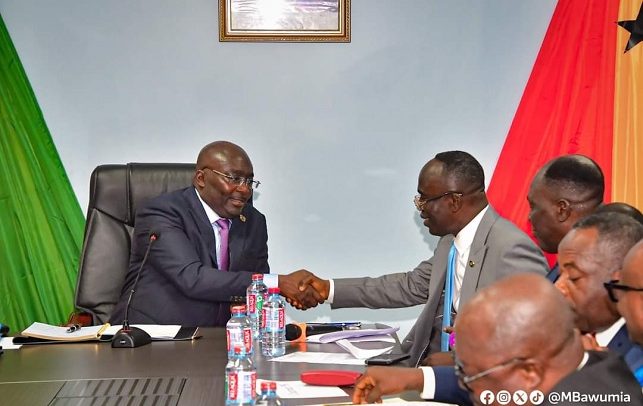

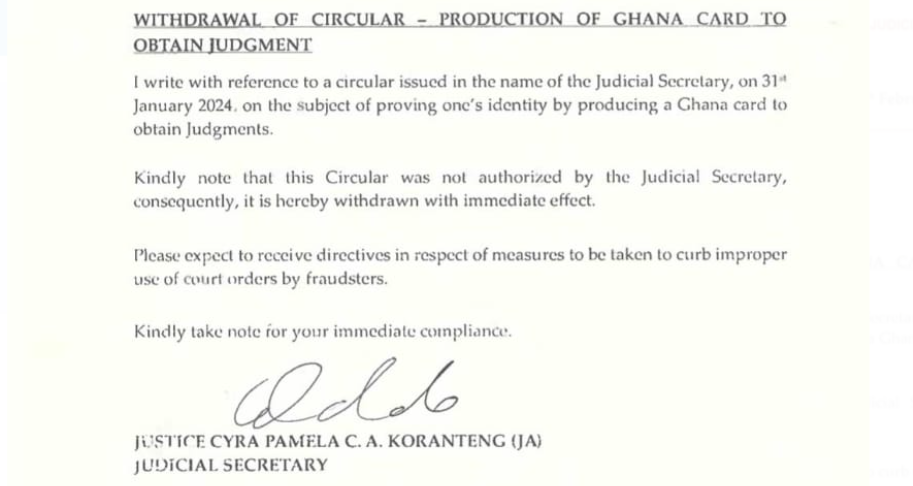





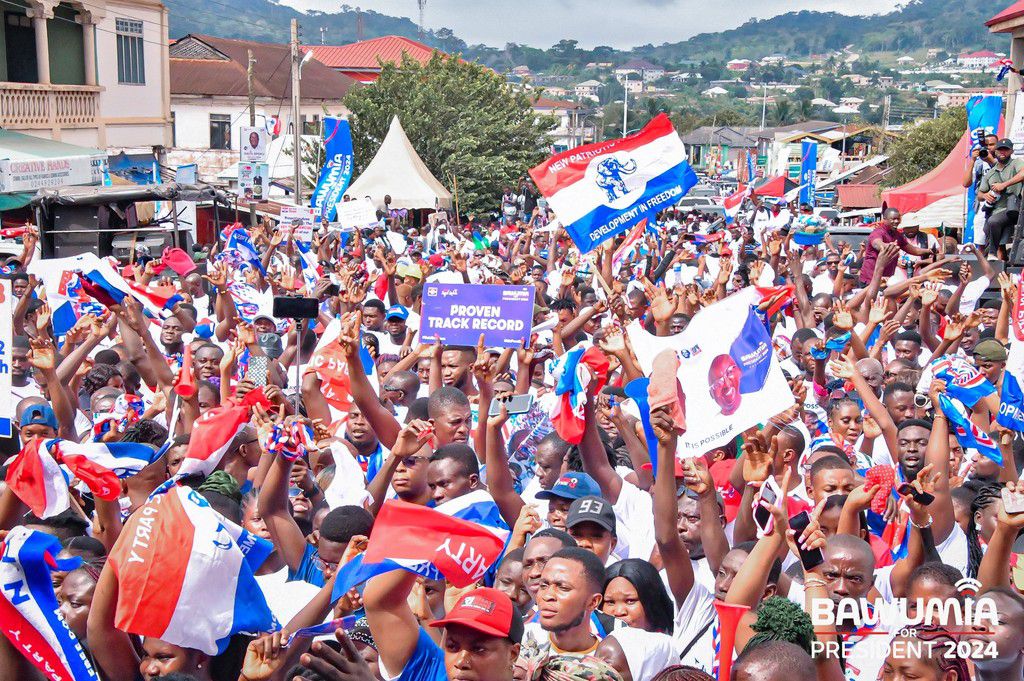






Facebook
Twitter
Pinterest
Instagram
Google+
YouTube
LinkedIn
RSS